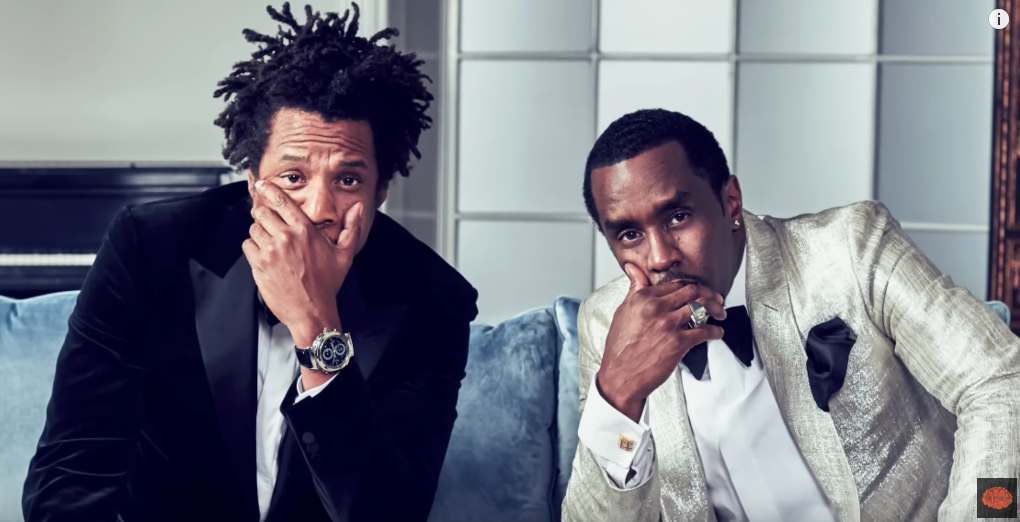As drivers idly sit in traffic near the Bridge of the Americas, connecting Mexico and the USA, Silvia Delgado nimbly navigates between cars, distributing campaign leaflets. "I'm standing for penal judge," she states cheerfully. "Vote for number 12 on the ballot papers!" Most drivers appear receptive, lowering their windows to accept her flyers. Yet this election, held on Sunday, is far from ordinary - it marks the inaugural opportunity for Mexican citizens to directly vote for their entire judiciary.
Delgado's candidacy stands out notably, as her pamphlet omits any mention of her most renowned client, Joaquin "El Chapo" Guzmán, the infamous leader of the Sinaloa Cartel. Critics believe that her association with such a high-profile criminal should disqualify her from judicial office, a notion Delgado vehemently contests. "For doing my job? Why should that make me illegitimate?" she questions, deflecting any suggestions of a conflict of interest.
Currently serving a life sentence in the U.S., El Chapo's shadow looms large, despite Delgado's claims of professionalism. She underscores that she has not faced any criminal charges or investigations related to her time as his lawyer. Nonetheless, the human rights organization Defensorxs has flagged her as a "high risk candidate," raising concerns about the integrity of Mexico's judiciary if someone with her background were to assume a judgeship.
Miguel Alfonso Meza, Defensorxs' director, emphasizes that a past collaboration with a drug cartel complicates the integrity of candidates. He cautions that they might face pressure from former employers due to their past affiliations. Delgado, however, dismisses these concerns as absurd, challenging her critics to thoroughly investigate her background while asserting that she received only typical payments for her legal services.
This election cycle sees over 7,500 judicial positions up for grabs; candidates range from local magistrates to potential Supreme Court justices. A controversial judicial reform has sparked protests from law students and legal workers who argue that the effort to elect every judge compromises the judiciary's impartiality and integrity.
With a noted lack of public and private funding for campaign expenses, candidates like Olivia Aguirre Bonilla, an advocate against gender-based violence from Ciudad Juárez, utilize social media to share their platforms. Aguirre Bonilla suggests that this election could catalyze much-needed reform by reducing the influence of elite privilege in the legal system, countering the argument that such political involvement will lead to bias in judicial decision-making.
The focus is now on polling day, where turnout and abstention rates will be key indicators of public support for the reform. As for Delgado, she holds out hope that the residents of Ciudad Juárez will recognize her commitment and grant her the chance to deliver justice in the courts.
Delgado's candidacy stands out notably, as her pamphlet omits any mention of her most renowned client, Joaquin "El Chapo" Guzmán, the infamous leader of the Sinaloa Cartel. Critics believe that her association with such a high-profile criminal should disqualify her from judicial office, a notion Delgado vehemently contests. "For doing my job? Why should that make me illegitimate?" she questions, deflecting any suggestions of a conflict of interest.
Currently serving a life sentence in the U.S., El Chapo's shadow looms large, despite Delgado's claims of professionalism. She underscores that she has not faced any criminal charges or investigations related to her time as his lawyer. Nonetheless, the human rights organization Defensorxs has flagged her as a "high risk candidate," raising concerns about the integrity of Mexico's judiciary if someone with her background were to assume a judgeship.
Miguel Alfonso Meza, Defensorxs' director, emphasizes that a past collaboration with a drug cartel complicates the integrity of candidates. He cautions that they might face pressure from former employers due to their past affiliations. Delgado, however, dismisses these concerns as absurd, challenging her critics to thoroughly investigate her background while asserting that she received only typical payments for her legal services.
This election cycle sees over 7,500 judicial positions up for grabs; candidates range from local magistrates to potential Supreme Court justices. A controversial judicial reform has sparked protests from law students and legal workers who argue that the effort to elect every judge compromises the judiciary's impartiality and integrity.
With a noted lack of public and private funding for campaign expenses, candidates like Olivia Aguirre Bonilla, an advocate against gender-based violence from Ciudad Juárez, utilize social media to share their platforms. Aguirre Bonilla suggests that this election could catalyze much-needed reform by reducing the influence of elite privilege in the legal system, countering the argument that such political involvement will lead to bias in judicial decision-making.
The focus is now on polling day, where turnout and abstention rates will be key indicators of public support for the reform. As for Delgado, she holds out hope that the residents of Ciudad Juárez will recognize her commitment and grant her the chance to deliver justice in the courts.

















